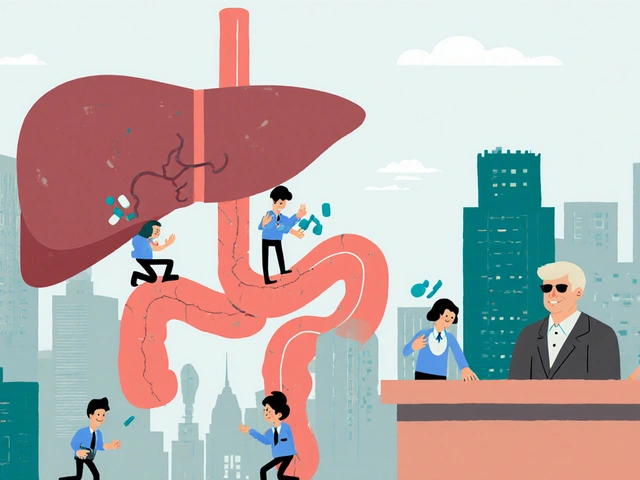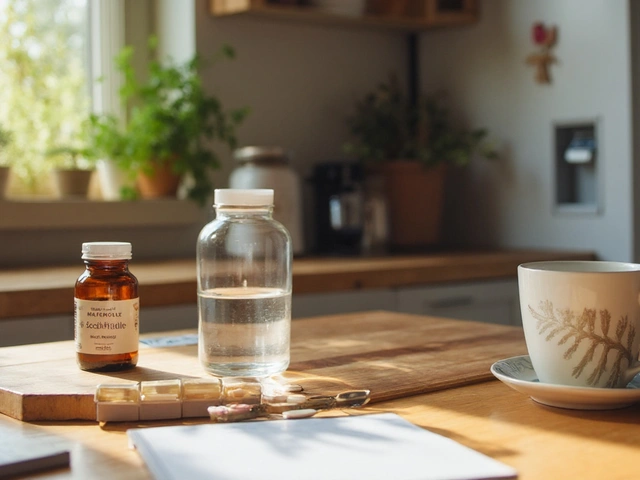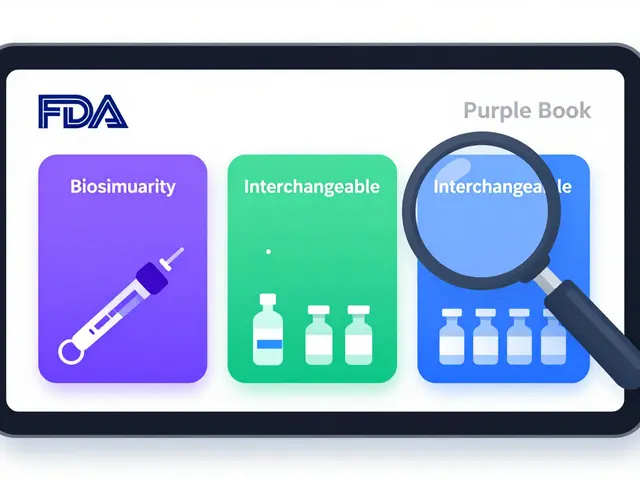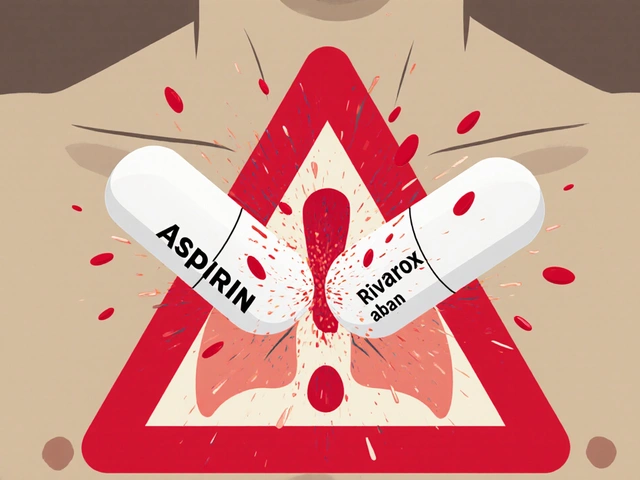Hydration: Simple, practical tips to keep your body running
Thirst isn’t the best alarm. By the time you feel thirsty, you may already be a little dehydrated. Feeling tired, foggy, or having darker urine are early hints your body wants more fluid. Good hydration is not fancy — it’s about small habits that add up.
Know the signs and who needs more
Watch for dry mouth, lightheadedness, low urine output, confusion, or very dark urine. Kids, older adults, and anyone with fever, vomiting, diarrhea, or heavy sweating need more fluids. People on diuretics, some blood pressure drugs, lithium, or certain antidepressants can lose more fluid or have altered salt balance — check with your prescriber if you’re on medicine.
A typical target for many adults is about 2–3 liters a day (roughly 8–12 cups). That’s a starting point, not a rule. Build more fluid if you exercise, are in hot weather, have a fever, or lose fluids from vomiting or diarrhea. If you weigh more or exercise intensely, you’ll need more than someone smaller or less active.
Smart, everyday hydration habits
Carry a refillable water bottle and sip often instead of gulping once in a while. Set phone reminders if you forget. Add a slice of lemon, cucumber, or a few berries for flavor so you drink more without sugary drinks. Eat water-rich foods like watermelon, oranges, cucumbers, and broth-based soups — they count, too.
During long workouts or heavy sweating, replace salts as well as water. A balanced sports drink, oral rehydration solution, or a pinch of salt with a bit of juice helps restore electrolytes. For short walks or light activity, plain water is fine. Avoid loading up on sugary sodas — they can slow rehydration and add empty calories.
Alcohol and large amounts of caffeine can promote fluid loss. Moderate coffee or tea usually isn’t a big problem for daily hydration, but alcohol increases dehydration risk — drink water alongside alcohol.
For older adults, offer small, regular sips and include soups and soft fruits. Thirst signals fade with age, so scheduled drinks are helpful. If someone has trouble swallowing, check with a healthcare provider for safe options.
If you take prescription meds, ask your doctor or pharmacist how they interact with fluids. Some drugs raise the risk of dehydration or affect kidney function when you’re low on fluids. If you’re on lithium, diuretics, ACE inhibitors, or NSAIDs, get tailored advice before changing fluid or salt intake.
Feeling very dizzy, faint, confused, or not passing urine at all are red flags. Seek urgent care. For everyday life, focus on steady sipping, salty snacks after heavy sweating, and talking to your provider about meds and fluid needs. Small, consistent steps keep you hydrated and clear-headed without fuss.
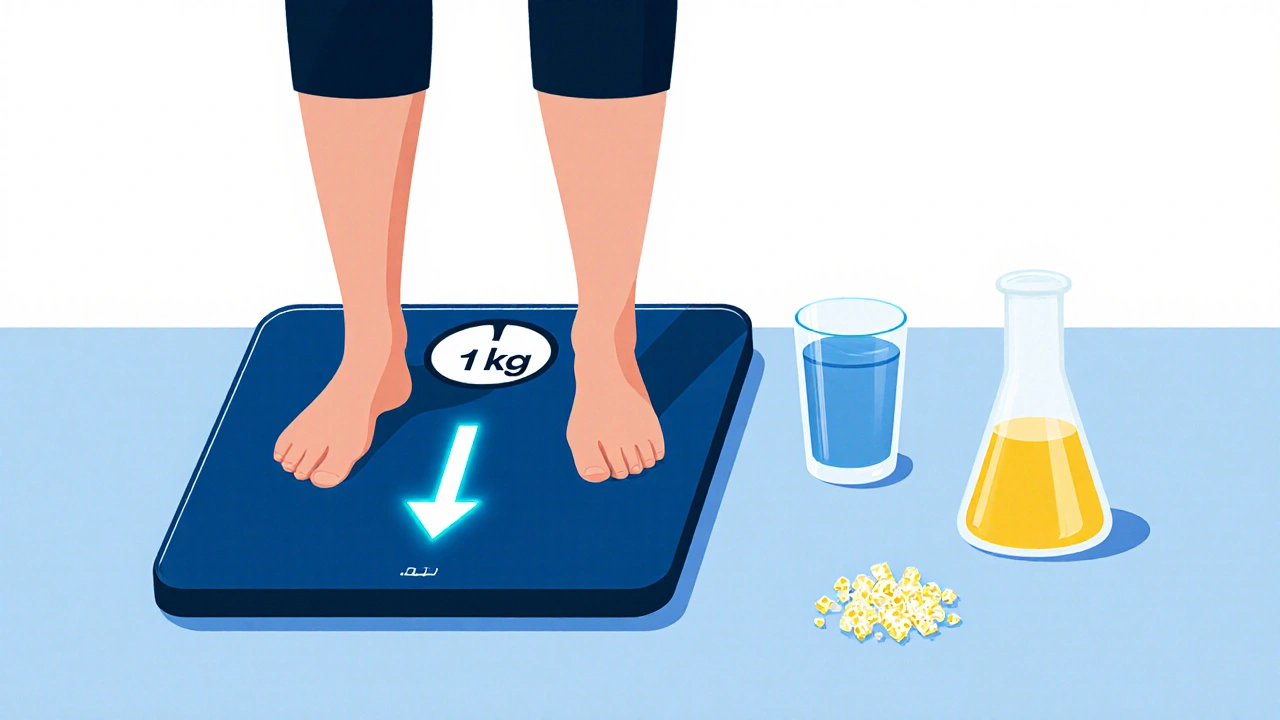
Hydration and Diuretics: How to Balance Fluid Intake to Avoid Side Effects
Learn how to balance fluid intake when taking diuretics to avoid dehydration, electrolyte loss, and dangerous side effects. Practical tips on water, electrolytes, weight tracking, and what to avoid.
View MoreThe role of diet and hydration in managing bladder and urinary incontinence symptoms
As a blogger, I've recently discovered the crucial role that diet and hydration play in managing bladder and urinary incontinence symptoms. By consuming the right types of food and maintaining proper hydration levels, one can effectively alleviate or even prevent these uncomfortable symptoms. It's essential to avoid bladder irritants like caffeine, alcohol, and spicy foods while incorporating fiber-rich foods to promote regular bowel movements. Staying well-hydrated is also vital, as it prevents constipation, reduces bladder irritation, and ensures the smooth functioning of our urinary system. By making these simple dietary adjustments, we can significantly improve our quality of life and regain control over our bladders.
View More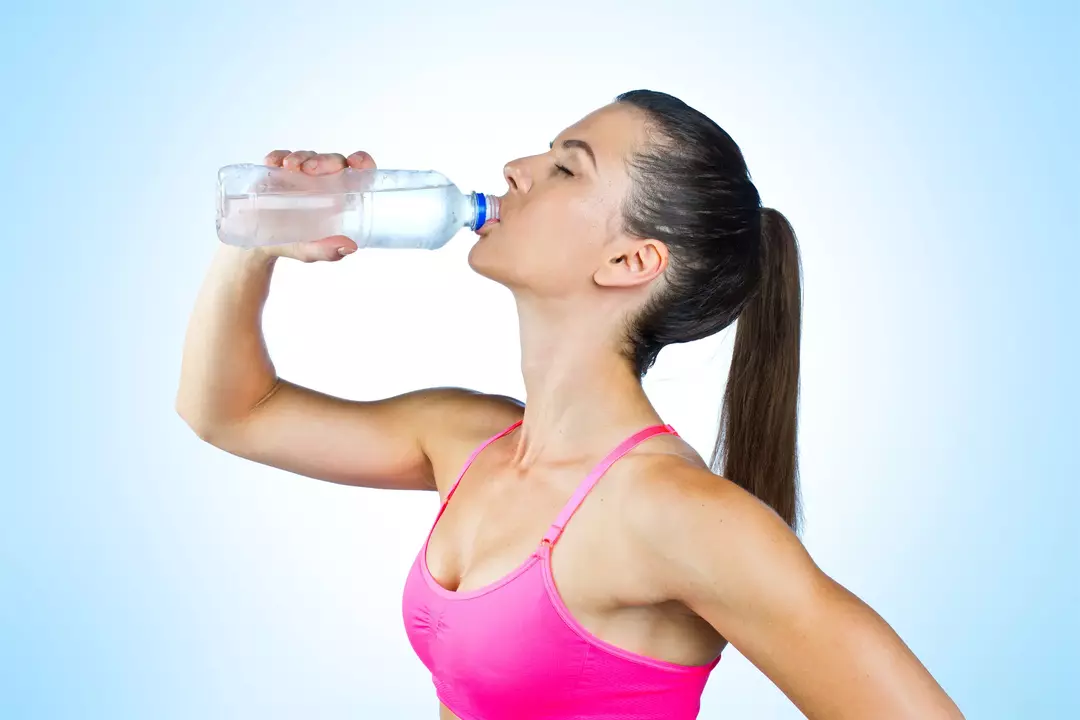
The role of hydration in managing a cough
As a blogger, I've recently been researching the importance of hydration in managing a cough. I've discovered that staying well-hydrated is crucial for thinning mucus in the airways, making it easier to expel and reducing cough severity. Drinking warm liquids, like tea or broth, can provide additional relief by soothing an irritated throat. Additionally, using a humidifier to maintain optimal indoor humidity levels can help prevent dryness, which may contribute to coughing. Overall, proper hydration plays a vital role in managing a cough and can significantly improve our overall well-being.
View More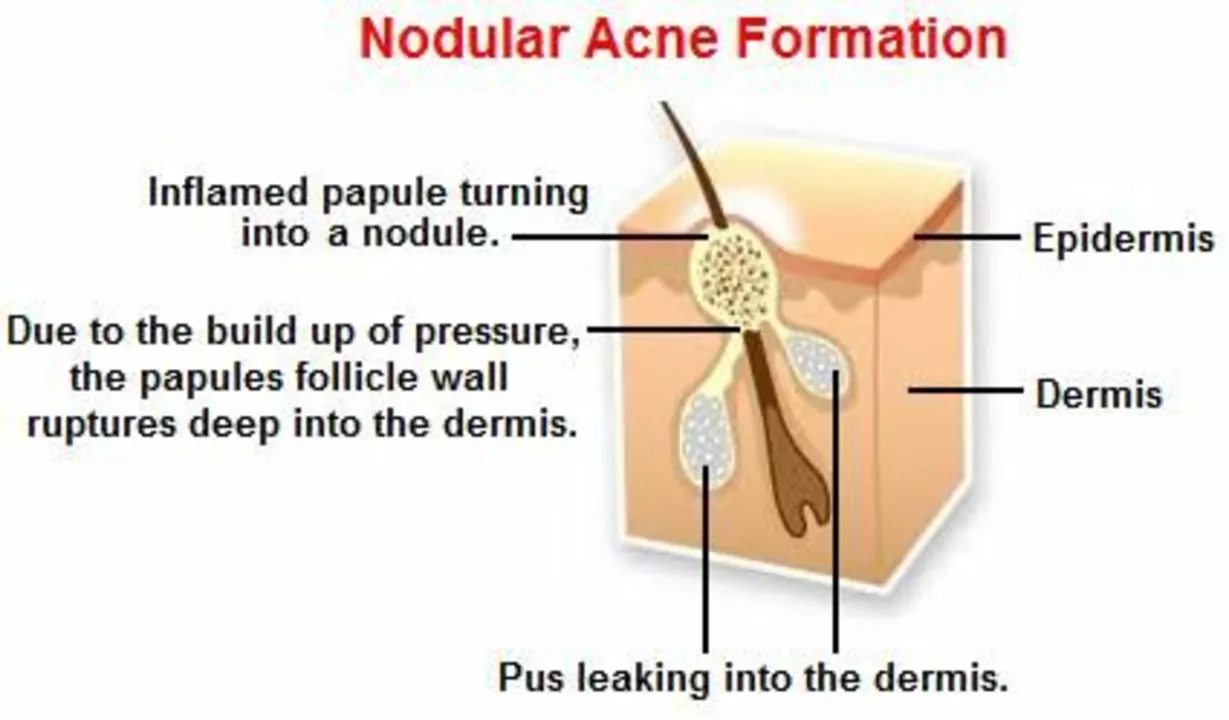
The Role of Hydration in Nodular Acne Prevention and Management
As a blogger, I've discovered the crucial role hydration plays in preventing and managing nodular acne. Keeping our body well-hydrated helps flush out toxins, maintain healthy skin, and reduce inflammation. Drinking enough water daily can significantly improve our skin's overall appearance and texture. Incorporating hydrating skincare products, like hyaluronic acid, also aids in maintaining our skin's moisture levels. So, let's prioritize staying hydrated for clearer and healthier skin!
View More
